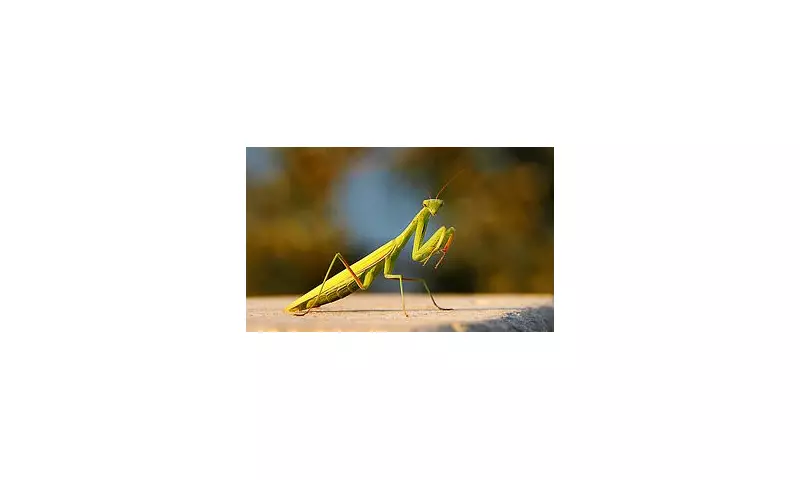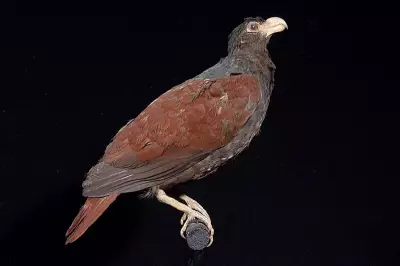
Cornwall is experiencing an unexpected invasion of exotic praying mantises, with multiple sightings baffling residents and wildlife experts across the county. The tropical insects, native to Mediterranean regions, appear to be secretly travelling to British shores in tourists' luggage.
Unwelcome Stowaways from Sunny Climes
Recent stormy weather and strong southerly winds have been blamed for bringing unusual insects to Cornwall's shores, but experts now believe the praying mantis appearances have a more human cause. These master camouflagers are likely hitching rides in suitcases and bags of returning holidaymakers from destinations like Spain, Portugal, and southern France.
From Garden Discovery to Wildlife Mystery
The phenomenon came to light when Ann Lawrence made a startling discovery in her Marazion garden. "I was amazed to find this beautiful praying mantis on my washing line," she reported. "It was perfectly green and about three inches long - definitely not something you see every day in Cornwall."
Her sighting was far from isolated. Multiple reports have emerged from across the region, including:
- A specimen found at Stithians Lake
- Another discovery in the Roseland area
- Several sightings in coastal gardens
Expert Analysis: Accidental Import
According to naturalist Iain Hockley, these appearances aren't random acts of nature but direct results of human travel. "They're excellent at hiding in luggage and clothing," he explained. "When people return from holiday, they unwittingly bring these stowaways home with them."
The insects' remarkable camouflage abilities make them particularly effective at going undetected during packing and travel. Their egg cases, known as oothecae, can also easily attach to outdoor equipment and clothing.
Survival Challenges in British Climate
While the praying mantises might survive temporarily in Cornwall's relatively mild climate, experts doubt they can establish permanent populations. The county's winters remain too harsh for these tropical insects to thrive long-term.
However, the repeated appearances highlight an increasing trend of non-native species arriving in the UK through human transportation rather than natural migration.
What to Do If You Find One
Wildlife experts advise that while these insects are fascinating, they should be reported to local wildlife authorities. The praying mantises pose no direct threat to humans but could potentially impact local ecosystems if they were to establish breeding populations.
For now, Cornwall's praying mantis visitors serve as living souvenirs of holidays abroad - unexpected reminders of warmer climates arriving in British gardens through the most modern form of migration: suitcase travel.





